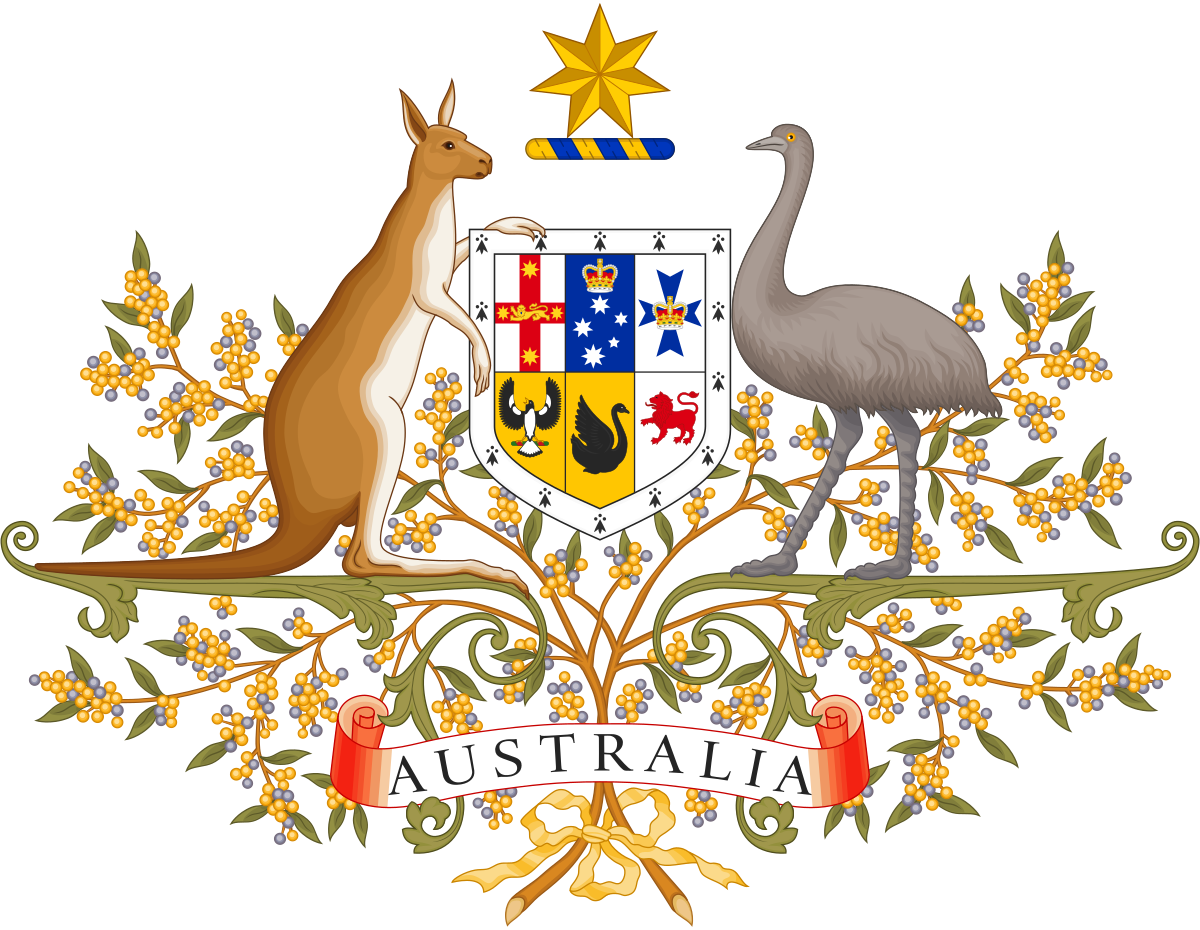
Literature
English
Australian Literature
Overview:
Australian literature encompasses written and literary works produced in Australia or by its people. It emerged as a collection of British colonial literature, but has evolved into a distinct genre with themes rooted in the Australian experience, such as Aboriginality, mateship, egalitarianism, national identity, migration, and the country's unique geography.
Notable Authors:
- Nobel Prize winner: Patrick White
- Christina Stead, David Malouf, Peter Carey, Bradley Trevor Greive, Thomas Keneally, Colleen McCullough, Nevil Shute, Morris West
- Contemporary expatriates: Germaine Greer, art historian Robert Hughes, humorists Barry Humphries and Clive James
- Classic Australian works: Marcus Clarke (For the Term of His Natural Life), Miles Franklin (My Brilliant Career)
- Children's literature: Norman Lindsay (The Magic Pudding), Mem Fox (Possum Magic), May Gibbs (Snugglepot and Cuddlepie), Melina Marchetta (Looking for Alibrandi)
Aboriginal and Torres Strait Islander Writers:
- David Unaipon (first Aboriginal author)
- Oodgeroo Noonuccal (first published Aboriginal poet)
- Sally Morgan (pioneering memoir about Stolen Generations)
- Kim Scott, Alexis Wright, Tara June Winch, Yvette Holt, Anita Heiss
- Marcia Langton and Noel Pearson (active contemporary contributors)
Early and Classic Works:
- Accounts of European explorers (e.g., William Dampier, James Cook)
- Fiction exploring the "Great Southern Land" (e.g., Jonathan Swift, Robert Southey)
- Chronicles of settlement by Watkin Tench, William Wentworth, and Henry Savery
Expatriate Authors:
- Clive James, Robert Hughes, Barry Humphries, Geoffrey Robertson, and Germaine Greer left Australia for Britain and the US, continuing to produce works influenced by Australian themes.
Other Contemporary Works:
- Kate Grenville, Helen Garner, Christos Tsiolkas, Richard Flanagan, Gerald Murnane, Rod Jones
- Grunge lit (1991-1996): gritty and explicit literature exploring the experiences of disenfranchised youth, influenced by authors such as Andrew McGahan, Linda Jaivin, and Justine Ettler.
- Post-grunge lit (1998-2010s): literature that emerged after grunge lit, with a focus on the effects of neoliberalism in Australian society.
Writing and Identity:
- Australian literature often explores complex relationships with the landscape and the question of national identity.
- Themes include: egalitarianism, mateship, the outback, and the tension between urban and rural life.
Poetry:
- Early poets: Michael Massey Robinson, William Charles Wentworth, Henry Kendall
- Notable poets: Christopher Brennan, Adam Lindsay Gordon, Henry Lawson, Banjo Paterson, C. J. Dennis, Dorothea McKellar, Kenneth Slessor, Judith Wright, Les Murray, Bruce Dawe
Plays:
- The Recruiting Officer (first play performed in Australia in 1789)
- Our Country's Good (highlights the origins of Australian theater)
- On Our Selection (depicts pioneer farming life)
- Summer of the Seventeenth Doll (portrays quintessentially Australian characters)
- Contemporary playwrights: David Williamson, Alan Seymour, Nick Enright, Justin Fleming
Science Fiction and Fantasy:
- Nevil Shute's On the Beach (1957) is a notable early success.
- Contemporary authors: Ben Peek
Other Genres:
- Crime: Kerry Greenwood, Shane Maloney, Peter Temple
- Non-fiction: Helen Garner's accounts of court cases
- Literary journals: Meanjin, Overland, Westerly
- Awards: Miles Franklin Award, Patrick White Award, Commonwealth Writers' Prize